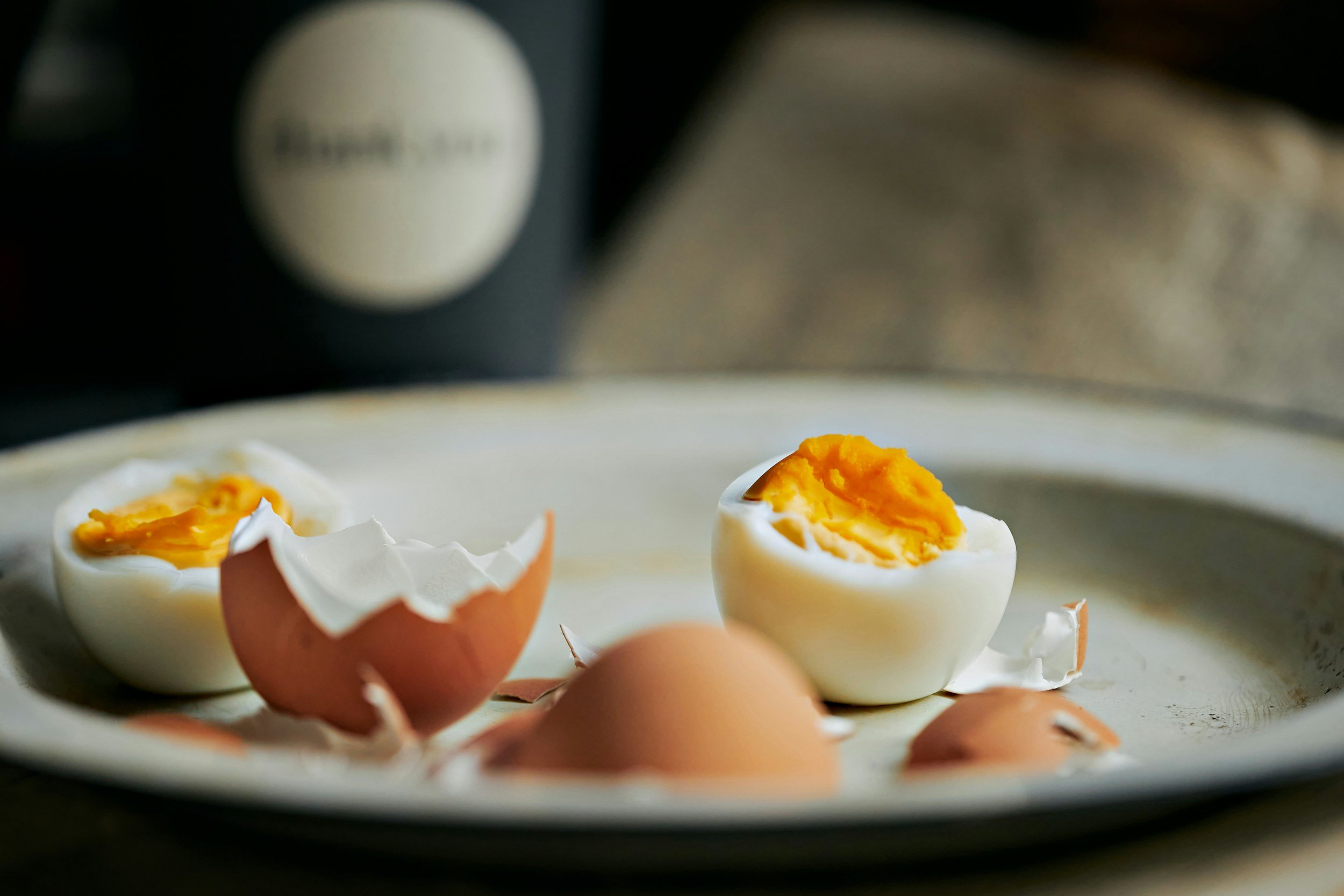Nutrient Spotlight: Choline
What is Choline??
Choline is an essential nutrient, meaning we produce Choline ourselves, but the amount isn’t enough to meet the body’s needs so we need to consume it within our diet. In our bodies, it’s role is to help cell structure and integrity, improve memory and muscle control, aid the transportation of fats, and regulate our nervous system. Interestingly it is a little cheerleader for the parasympathetic nervous system- the calm side of ourselves, which in motherhood can really be of value!
From this we can see that it directly helps with ones memory and ability to concentrate, fatigue, inflammation in the body and moods.
Benefits of choline during pregnancy and breastfeeding
For bub it:
Reduces the risk of neural tube defects
Supports brain development and cognitive function
Helps with lifelong learning and improves memory and focus
Decreases stress responses and anxiety levels… wow!
And for you mumma it:
Helps with post-natal moods
Reduces anxiety and depression
Decreases inflammation in the body
Helps with fertility and the growth of your placenta in pregnancy
Boosts your immunity- which you need for all those sleepless nights and for postpartum recovery!
How much?
Around the world, we know that 90 – 95% of pregnant and breastfeeding women aren’t meeting their choline requirements. In particular, mums who follow a vegetarian or vegan diet are more at risk of deficiency.
The recommended intake for women during pregnancy is 440mg, which increases to 550mg in the postpartum for breastfeeding mums. There is a direct influence on the amount of choline in the mum’s diet and her breastmilk. So, it’s safe to say that by focusing on chlorine-rich foods in your diet, you will be ultimately benefiting your little one too!
Currently in Australia, most prenatal supplements won’t have choline in it. It is a relatively new nutrient to enter dietary guidelines and recommendations and so many health professionals are yet to focus on it’s importance for women in the antenatal and postnatal period.
There has been very little research around the supplements that contain differing forms of choline and how they might impact long term health, a consideration which is very important to consider. As such, a focus on whole foods that contain chloride to meet your needs is always the best approach. Of course, every mum is different in terms of diet and nutrient intake, and it can be really hard to worth choosing a pre/postnatal supplement which provides 300mg of choline whilst also aiming to incorporate a healthy variety of choline rich foods.
Where can we get Choline from?
Animal food sources are the richest in choline: egg yolks, red med, chicken and fish.
1 large egg: 147mg
85g of salmon (small fillet): 187mg
85g chicken breast: 72mg
1/2 cup mince beef: 72mg
Examples of other foods that contain choline (in smaller amounts) are: lentils, brussel sprouts, broccoli, spinach, nuts, cauliflower, wheatgerm, lecithin and oats.
1 cup brussel sprouts: 32mg
1 cup broccoli: 31mg
1/2 cup peas: 24mg
1/4 cup peanuts: 24 mg
1 cup quinoa: 43mg
1 cup milk: 43mg
